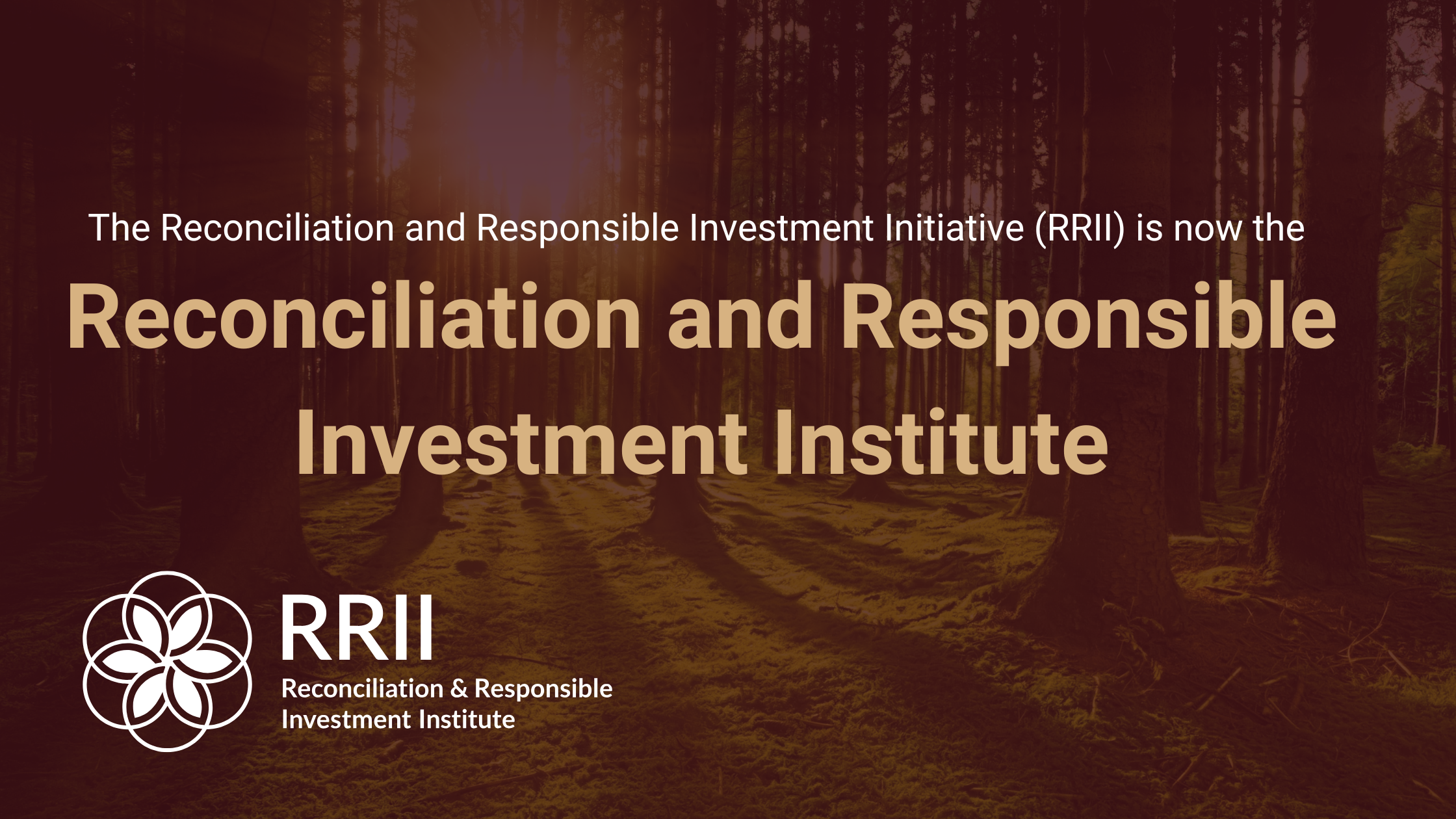By Katie Wheatley, Project Lead, Reconciliation and Responsible Investment Initiative
In 2003, banks from around the world came together to agree on a common set of principles to guide their loan practices for major projects. Called the Equator Principles (EP), they are a risk mitigation framework member financial institutions apply as part of their credit risk review process in order to avoid complicity in human rights abuses and environmental harm through their lending, and the associated financial, reputation, and legal risks that can result.
Following the Dakota Access Pipeline (DAPL) controversy of the last decade, which came to a head in 2016 protests, the Equator Principles faced calls for significant reform, including from SHARE. The vast majority of DAPL-financing banks were EP signatories, demonstrating that the EP framework has failed to fulfill its purpose.
As SHARE staff noted in September 2019, reviewing and updating the EPs presented a significant opportunity to raise the bar on minimum standard of practice for the financial industry at large. SHARE engaged in consultation on the draft revised Equator Principles (referred to as EP4), raising concerns throughout Summer and Fall 2019 that the revisions failed to align with the United Nations Declaration on the Rights of Indigenous Peoples (UNDRIP), including Indigenous peoples’ right to provide or withhold Free, Prior, and Informed Consent (FPIC) on development that might impact their lands, resources, and culture as a condition of bank finance.
SHARE’s recommendations featured in a joint submission to the EP Association, signed by institutional investors representing almost $3 trillion USD in assets under management, and communicated to specific Canadian and international banks with whom we sought support for these recommended improvements to the EP4 draft. Suggested recommendations include ensuring the EP performance standards applied across all nation-states, aligning the EPs with UNDRIP, and other measures designed to strengthen the performance standards to mitigate investor risks.
In November 2019, EP members voted on the adoption of EP4. Ultimately, EP financial institutions passed revised principles that will not measurably improve standards for social and environmental risk assessments among banks. EP4 also maintains the distinction between Designated and non-Designated countries, deviating from the reality that domestic oversight is not sufficient in upholding agreeable standards of financial industry behavior, as exhibited by DAPL.
Ultimately, EP4 fails to set forth an enhanced risk assessment process relative to Indigenous peoples and human rights abuses. UNDRIP is referenced in defining Indigenous Peoples, but not employed as a guiding human rights instrument, as First Peoples Worldwide observes. The renewed principles do not include a commitment to implementing FPIC as a right. Moreover, agreed-upon language relating to FPIC was not set forth to consultative groups such as SHARE, demonstrating that the EP revision process was ultimately a closed-door, non-iterative exercise.
In light of the shortcomings highlighted above, SHARE is disappointed in the 2019 Equator Principles consultation process and the resulting draft adopted by the Equator Principles Association following the assent of Equator Principles Financial Institutions in November. Nevertheless, even if the underlying EP4 standards are insufficient, financial institutions can still go above and beyond in applying human rights standards to project and corporate finance. We look forward to engaging with signatory banks to foster enhanced risk assessment for clients and banks during project finance, and adopt standards that ensure the recognition and protection of Indigenous rights throughout the investment process.


